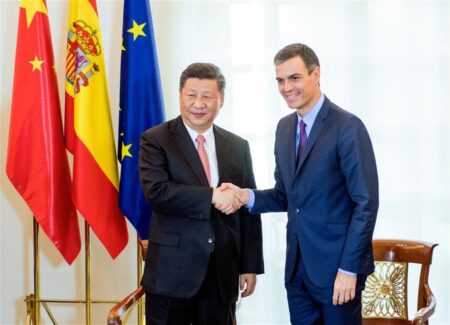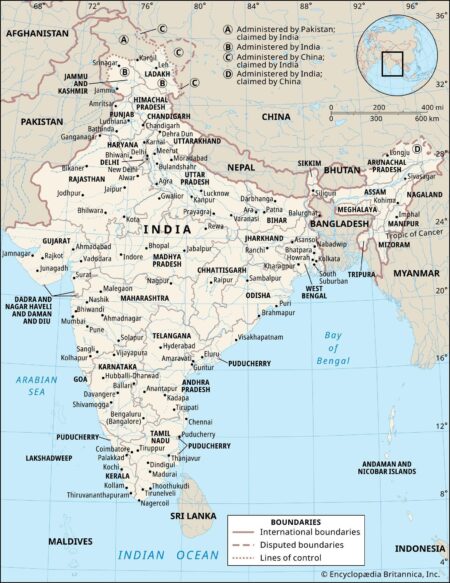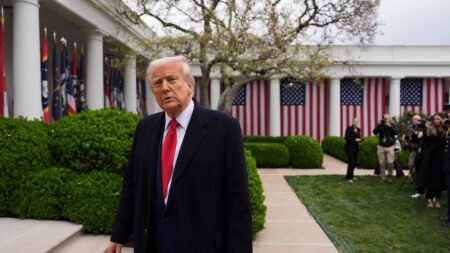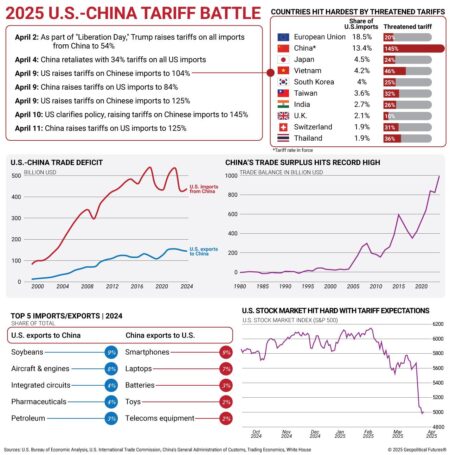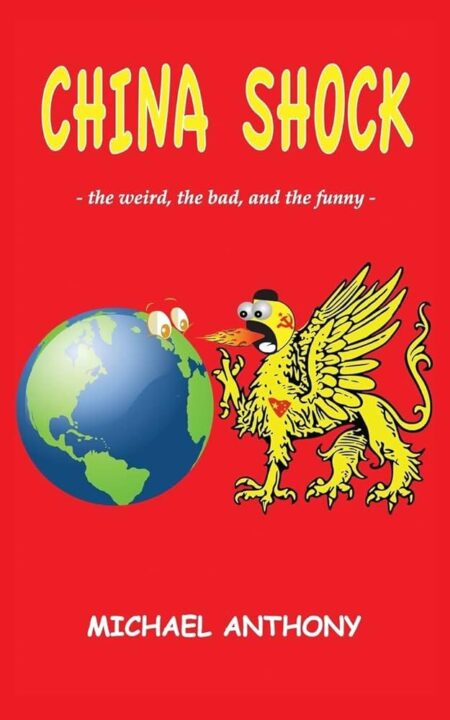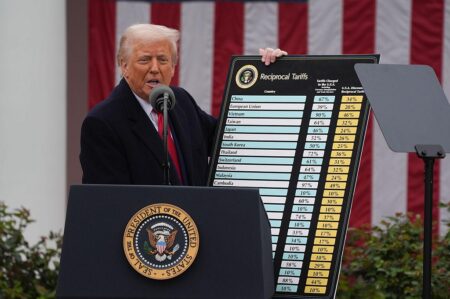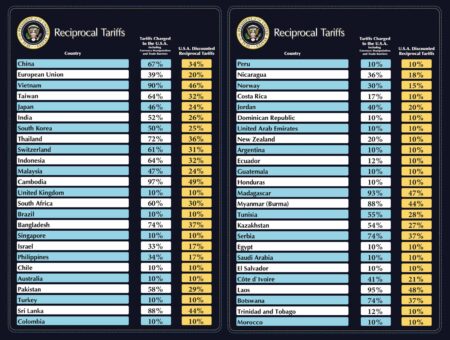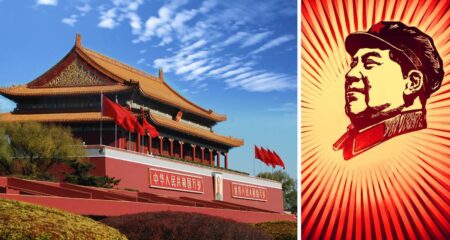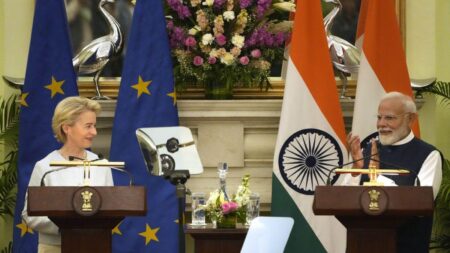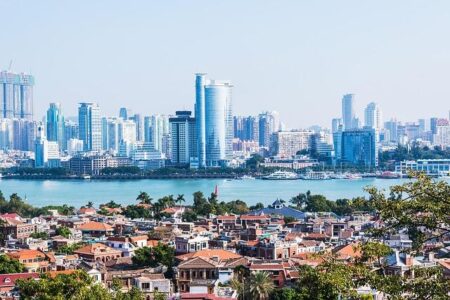The burgeoning relationship between China and Spain is characterized by mutual benefits that drive success. Enhanced trade, cultural exchanges, and collaborative ventures are paving the way for a strong bilateral partnership, showcasing global interdependence.
Browsing: globalization
A recent analysis by CNBC reveals that producing a “Made in the USA” iPhone could raise its price significantly. Estimates suggest costs could jump by over $200 per device, reflecting higher labor and manufacturing expenses domestically.
India has asserted its commitment to fair trade practices following Donald Trump’s decision to impose a 90-day pause on tariffs. The Indian government emphasized that negotiations should not occur under pressure, reaffirming its stance on equitable economic dialogue.
Former President Donald Trump claimed that his tariff policy is “doing really well,” following China’s imposition of a 125% levy on U.S. goods. His comments come amid escalating trade tensions, as both nations grapple with the implications for their economies.
In response to escalating trade tensions, China’s leading retail giants have committed to supporting local exporters in shifting their focus to domestic markets. This initiative aims to bolster the economy and mitigate the impact of ongoing trade disputes.
As the US-China tariff battle escalates, analysts are increasingly scrutinizing former President Trump’s endgame. With tariffs impacting trade dynamics and consumer prices, the long-term implications for both economies remain uncertain as negotiations continue to stall.
The “China Shock,” a term describing the economic impact of China’s rise on American jobs, reveals critical lessons about globalization and labor. Contrary to President Trump’s interpretation, experts argue that understanding these dynamics is essential for future policy success.
As the US-China tariff war escalates, iPhones, Shein apparel, and toys emerge as top-traded items facing potential price hikes. Analysts warn that increased tariffs could burden consumers, reshaping spending habits and impacting the retail landscape.
Mexico and Brazil have announced plans to enhance trade relations amid ongoing tariff disputes initiated during the Trump administration. Both nations aim to bolster economic cooperation, fostering growth and stability in the region.
Recent surveys by the Pew Research Center reveal shifting American attitudes towards trade. While views on trade with Canada and Mexico remain largely positive, concerns about the U.S.-China trade relationship have intensified, reflecting broader economic anxieties.
President Trump’s recent tariffs have surpassed initial expectations, prompting significant economic implications. Key takeaways include heightened consumer prices, strained international relations, potential job losses in key sectors, and unpredictable market reactions.
In response to Trump’s tariffs, several affected countries are pursuing negotiations to mitigate trade impacts. Meanwhile, China emphasizes that trade wars yield no winners, urging for dialogue to resolve tensions and restore economic stability.
China is poised to increase its imports from India amid looming U.S. tariffs on Chinese goods. This strategic shift could bolster India’s economy and strengthen bilateral trade relations, offering a potential buffer against U.S. trade pressures.
Toyota’s optimistic outlook during the Trump administration shifted dramatically as escalating tariff threats loomed over the auto industry. The potential financial impact raised concerns, prompting the company to reassess its U.S. production strategies.
The EU and India are on the brink of finalizing a pivotal free trade agreement aimed at boosting economic ties and enhancing trade in goods and services. This partnership could reshape global trade dynamics, fostering growth and innovation in both regions.
Coca-Cola announced plans to invest over $1.4 billion in Argentina, aiming to enhance production and distribution capabilities. This strategic move underscores the company’s commitment to the region‚Äôs economic growth and job creation amidst challenging market conditions.
Despite the pressures of Trump’s tariffs, India’s job market is experiencing a significant surge. Companies across sectors are ramping up hiring, driven by a resilient economy and the expansion of tech and service industries, showcasing India’s employment robustness.
China’s rapid advancements in artificial intelligence may offer a silver lining amid ongoing trade tensions and tariff implications. By streamlining production and enhancing efficiency, AI could help businesses offset costs and remain competitive globally.
France’s ambition for strategic autonomy faces setbacks as the U.S. reinstates tariffs on French alcoholic beverages, a move critics argue undermines European unity. This development threatens France’s economic interests and complicates transatlantic relations.
China’s burgeoning space sector is witnessing a surge of entrepreneurial talent, often dubbed “China‚Äôs Elon Musks.” With ambitious goals and significant investment, these innovators are striving to rival SpaceX, pushing boundaries in technology and exploration.

